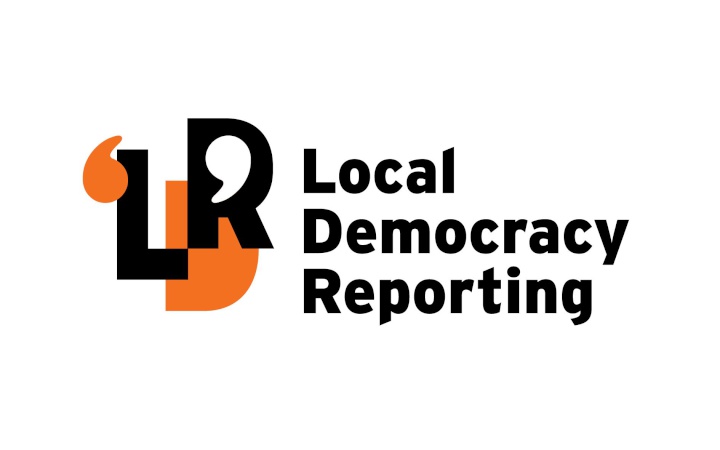Problems highlighted with local government "will only get worse" if nothing changes, warns the author of a report into the sector's future.
It has been nearly a year since the Future of Local Government Review panel’s report recommended sweeping changes to the sector.
The report's review panel made 17 recommendations to the Government in June 2023, including strengthening the relationship between central and local government, stronger partnerships with mana whenua, lowering the voting age and extending council terms.
Former Waimakariri District Council chief executive Jim Palmer, who chaired the review panel, said fundamental change was needed, but he did not expect this to happen anytime soon.
‘‘We are understanding of the current context and realise only some of the recommendations will be picked and that is the reality.
‘‘But the piece of work will stand the test of time. In a decade or so if things don't change, things will only get worse.
‘‘When people look
back and blow the dust off the report, the recommendations
will still be relevant.’’
During committee debate in
Parliament on Tuesday (May 7), Local Government Minister
Simeon Brown dismissed several of the report’s
recommendations as ‘‘woke answers’’.
But Mr Palmer said he was optimistic some changes were being looked at, including greater collaboration between local and central government.
This included ‘‘city and regional deals’’, where councils partnered with central Government to achieve improved outcomes.
Discussion on
four-year terms was also getting ‘‘some currency’’
among politicians, he said.
Māori wards and the prospect
of referendums was hitting the headlines, but Mr Palmer said
there were other ways for local councils to work with mana
whenua.
‘‘It should be about encouraging and finding more ways for mana whenua and others to participate, so the tyranny of the majority isn't always what plays out.’’
He said the biggest barrier for local rūnanga was a lack of resourcing, which did not always have the ability to respond as they relied on volunteers.
The recommendation to lower the voting age to 16-years has received plenty of attention, but Mr Palmer said this was one of several options proposed to encourage greater participation.
‘‘Participation has fallen dramatically in recent years and so it is about ‘how do we get people engaged in matters which affect them locally’?"
The panel surveyed young people around the country and there was strong support for youth participation, but it was not just about voting, he said.
Mr Palmer noted the role of youth councils in giving young people a voice and advocated for innovative ways of engaging with communities.
Local government was ‘‘an inter-generational business’’, so thinking ‘‘beyond the next three-year cycle’’ was essential.
‘‘Significant challenges are coming and unless we work together and use all the levers then we are going to deliver sub-optimal outcomes.’’
Local Government New Zealand has picked up five recommendations to lobby central government, including sharing the country’s tax take, finding a ‘fit for purpose’ system of government, authentic relationships with iwi and hāpu, aligning central, regional and local government priorities, and strengthening local democracy.
LDR is local body journalism co-funded by RNZ and NZ On Air.



 Gordon Campbell: On The Fall And Rise Of Pat Garrett And Billy The Kid
Gordon Campbell: On The Fall And Rise Of Pat Garrett And Billy The Kid Gaming Machine Association of NZ: Gaming Machine Association To Work With With Local Councils To Develop Relocation Policies In Light Of Court Decision
Gaming Machine Association of NZ: Gaming Machine Association To Work With With Local Councils To Develop Relocation Policies In Light Of Court Decision Biosecurity New Zealand: Biosecurity NZ Investigating And Boosting Trapping After New Auckland Fruit Fly Find
Biosecurity New Zealand: Biosecurity NZ Investigating And Boosting Trapping After New Auckland Fruit Fly Find NZ Labour Party: Two Labour Members’ Bills Drawn From Ballot
NZ Labour Party: Two Labour Members’ Bills Drawn From Ballot Green Party: Right To Repair Bill Passes Significant Step
Green Party: Right To Repair Bill Passes Significant Step Te Pati Maori: No ‘Māori Privilege’ In Education
Te Pati Maori: No ‘Māori Privilege’ In Education Peace Action Wellington: No To Anti-Protest Law
Peace Action Wellington: No To Anti-Protest Law


